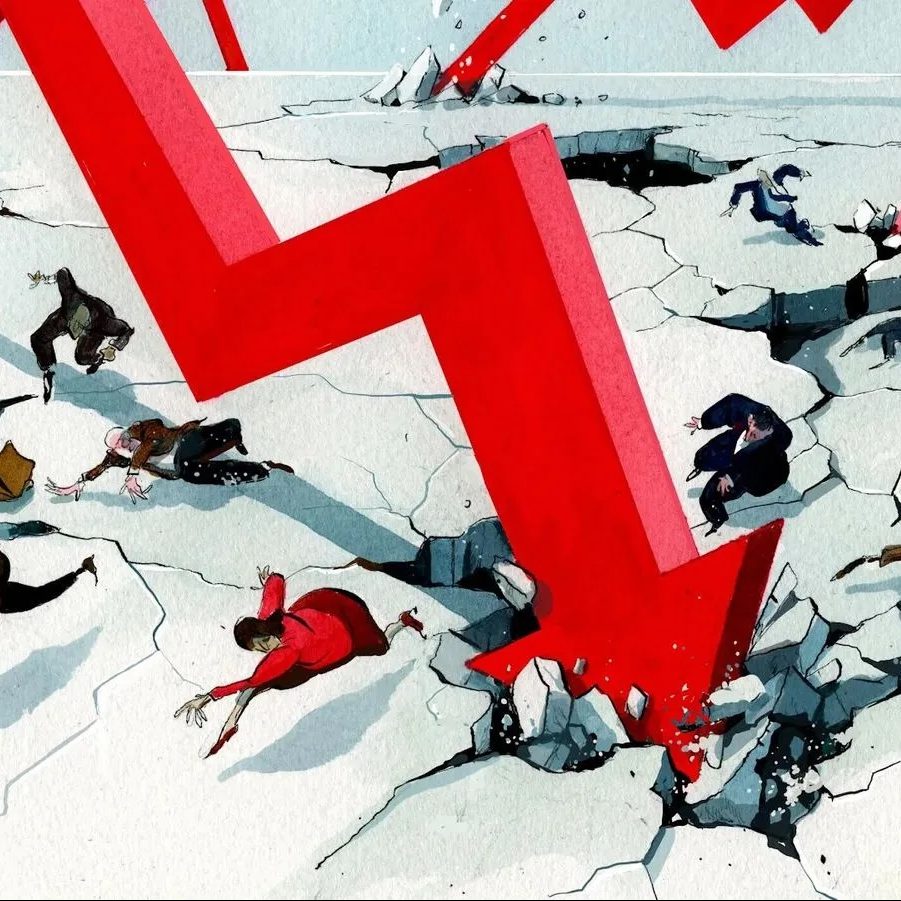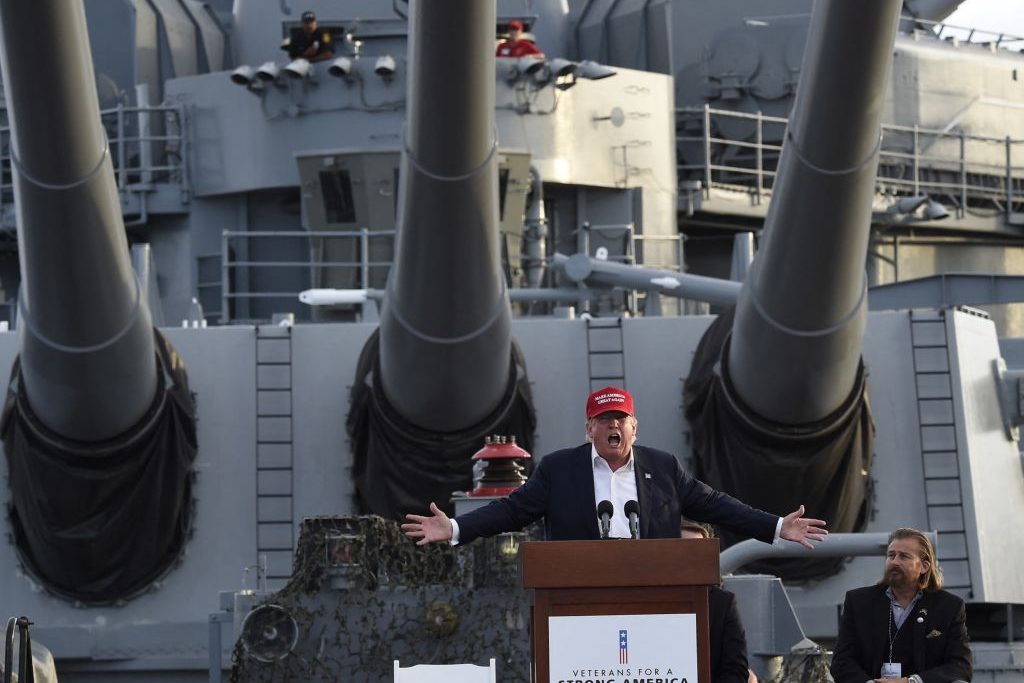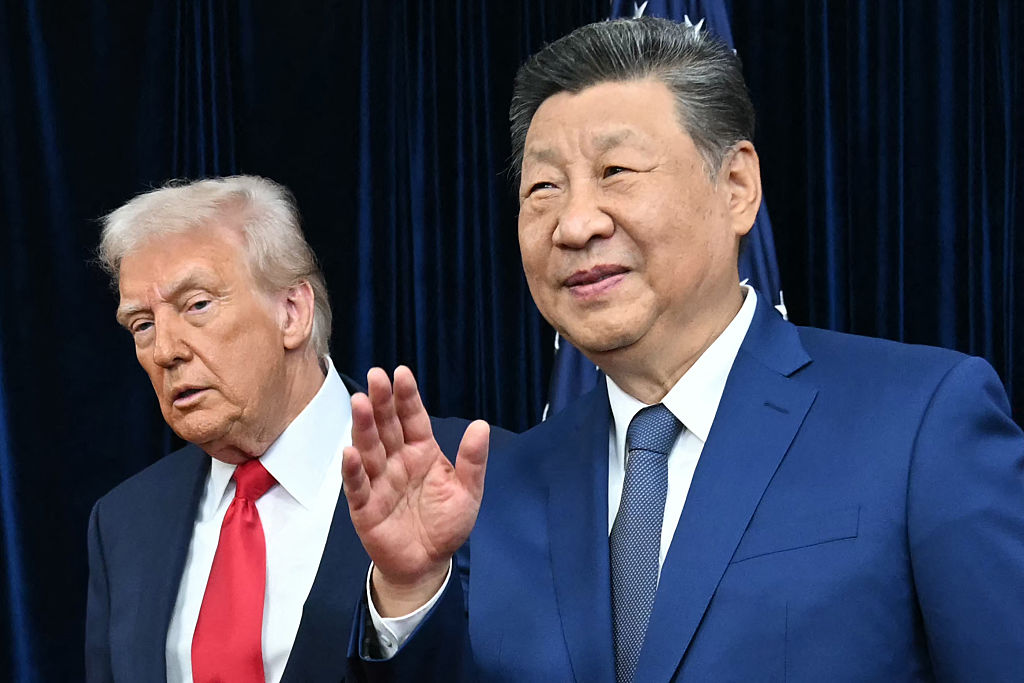Is life worse today than it was 50 years ago? According to a Pew Research survey, 58 percent of respondents believe it is. Perhaps watching the doom and gloom of the nightly news gives the impression that times have never been worse. But the facts show otherwise.
The world has never been richer, food has never been more abundant, and extreme poverty is at historic lows. We are fortunate to live in a country where the people have a strong work ethic and control a vast, resource-rich territory. Yet, even with those advantages, we rely on trade to access goods that America simply does not produce in abundance, like coffee and bananas.
Perhaps we should ask a more nuanced question: is international trade good or bad? No country, not even the United States, is self-sufficient in every product or commodity. The high standard of living Americans enjoy depends greatly on international trade. Voluntary trade is, by definition, mutually beneficial, as both parties engage in it to enrich themselves. Trade is not only good; it is indispensable.
A recent analysis of “time prices” for finished goods, most of which are imported, highlights the salutary effects of free trade and global competition on American living standards.
Time prices measure how long one must work to afford something. If a T-shirt cost one hour of labor a decade ago but only 30 minutes today, a person today is twice as well off. In a recent study, one of us examined the time prices of 75 finished goods from 1971 to 2024. The results clearly show that Americans are vastly wealthier today than in previous generations.
Time prices for nearly every conceivable consumer product have fallen dramatically over the past five decades. Prices for refrigerators fell by 61 percent, meaning that for the cost of one refrigerator in 1971, you can buy 2.5 today. The price of a 23-inch color TV dropped by 93 percent – in other words, you could now buy 14 TVs for the cost of one 50 years ago.
Prices have declined for more than just household appliances. The cost of electronic hedge trimmers fell 89 percent, trench coats 87 percent, and denim jeans 41 percent. On average, the time price of menswear, childrenswear, womenswear, furniture, appliances, electronics, sporting goods, power tools and garden equipment declined by 80.7 percent.
This dramatic reduction in prices means that the average American can now better than ever afford abundance. In 1971, the average shopper at a department store might only have been able to afford a living room television. Today, that same person can, for the same amount of work, provide for the needs and hobbies of an entire family – purchasing a second television for the bedroom, a new coat, a drill, a pair of shoes and a baseball glove. International trade plays a huge role in making this rising standard of living possible.
This rising standard of living undercuts the populist claim that the middle class is being “hollowed out.” Yes, the middle class is shrinking, but only because more people are moving up into the upper class. At no point in history have more individuals been able to provide better lives for their families. And for the few products that remain expensive, populist solutions like tariffs will only make these harder to afford.
No item illustrates the advantages of free trade better than housing, likely the most expensive single purchase a person will make. While it is widely acknowledged that local supply restrictions drive up housing costs, few people realize that affordable building materials like lumber and steel are often imported. New tariffs on these materials will only further increase housing prices. Free trade helps keep housing costs in check.
Nearly 250 years after Adam Smith made the definitive case for trade and the division of labor, we still fall for the siren call of protectionism. Perhaps tens of thousands of years of history, when wealth was acquired chiefly by conquest, have conditioned us to ignore the promise of mutually beneficial exchange.
But the world has grown both richer and more peaceful – the war in Ukraine notwithstanding. Clearly, most of the new wealth had to be created through cooperation. Shifting from zero-sum to positive-sum thinking is thus essential for preserving and expanding American prosperity. That shift will not be easy. But the alternative is a far less prosperous America than we can achieve if we embrace economic freedom.
Is life worse today than it was 50 years ago? According to a Pew Research survey, 58 percent of respondents believe it is. Perhaps watching the doom and gloom of the nightly news gives the impression that times have never been worse. But the facts show otherwise.The world has never been richer, food has never been more abundant, and extreme poverty is at historic lows. We are fortunate to live in a country where the people have a strong work ethic and control a vast, resource-rich territory. Yet, even with those advantages, we rely on…























Leave a Reply